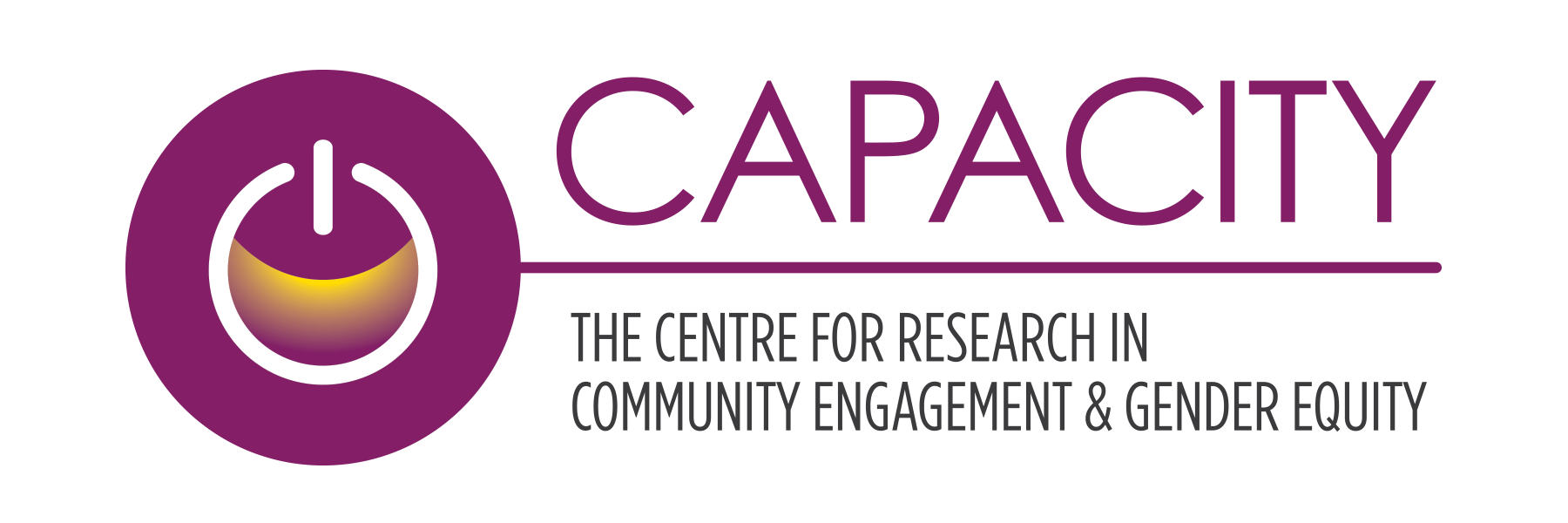Authors: Sunny Jiao, Vicky Bungay, and Emily Jenkins
Publication: Social Sciences
Published: January 15, 2021
What we know
We know that communication technologies such as mobile phones, computers, and online networking forums are ubiquitous in the adult commercial sex industry, but how does technology use help or hinder sex workers’ occupational health and safety?
What we discovered
In this article, published in a special issue of the journal “Social Sciences” dedicated to the occupational health and safety of sex workers, we explore the impact of the use of communication technologies on the occupational health and safety of sex workers in Canada. We also share our finding that the use of these technologies can both support and hinder their capacity to promote their health and safety, and is thus, a double-edged sword.
Through interviews with thirty-five sex work industry participants (including sex workers, clients, and agency managers), we learned that communication technologies can help sex workers screen for compatible clients with whom they are likely to have a positive and safe experience. These technologies however, also have drawbacks, including the unintentional disclosure of one’s involvement in the industry, unwanted contact from clients outside of the provider-client relationship, and having one’s image shared within the public realm without one’s consent. In addition, technology use also can have untoward consequences including defamation, threats, as well as financial scams.
Overwhelmingly what we heard from industry participants is that stigma coupled with a lack of legal recognition and protection for sex work have profoundly shaped the occupational health and safety concerns that sex workers experience in Canada. At the same time, these larger, contextual factors also severely limit the capacity of sex workers to promote their occupational health and safety – they may be too afraid to reach out for help due to legal ramifications, or they may have had their concerns not taken seriously by law enforcement.
These findings point to an urgent need to re-examine the social policies that are in place that pertain to sex work in Canada. There is also a need for strategies aimed at reducing stigma, and programs and services that address the occupational health and safety needs of sex workers.
Sunny Jiao, Vicky Bungay, and Emily Jenkins. (2021). Information and Communication Technologies in Commercial Sex Work: A Double-Edged Sword for Occupational Health and Safety. Social Sciences 10: 23. https://doi.org/10.3390/socsci10010023



